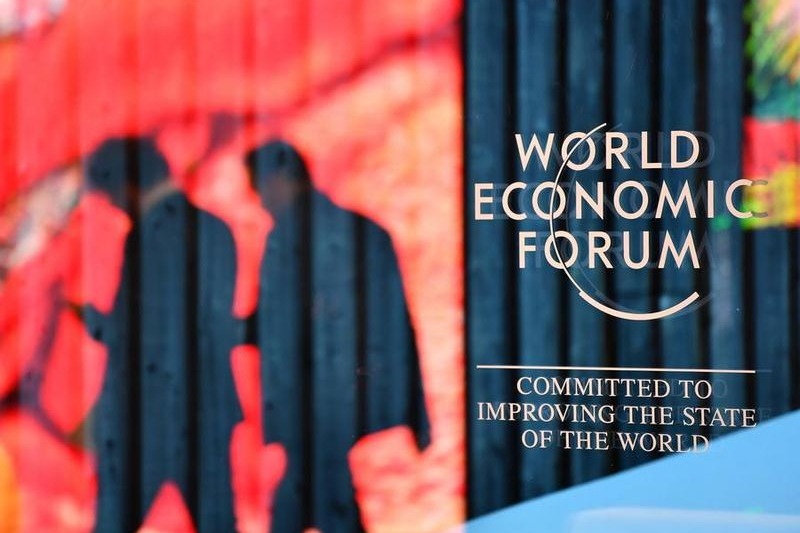Dubai Chambers sees opportunities for mutual Sino-Middle Eastern growth
By Li Jiaying | China Daily | Updated: 2024-10-24 09:34

Chinese companies have made significant economic contributions to the Middle East region's economy across a variety of sectors and are believed to continue to play an essential role in the region's future development, said Mohammad Ali Rashed Lootah, president and CEO of Dubai Chambers.
"The increasing two-way investments between the two markets reflect the synergies created by China-proposed Belt and Road Initiative and the Dubai Economic Agenda (D33), which unlock significant opportunities for mutual growth," said Lootah in an interview with China Daily.
Lootah added that both markets emphasize building a knowledge-based economy and that key areas such as technology, renewable energy, logistics, healthcare and infrastructure are poised for steady growth and will serve as important areas for mutual development and cooperation.
According to Dubai Chambers' data, China has emerged as Dubai's biggest trading partner, with non-oil trade between the two sides reaching $67.8 billion in 2023.
In addition, the total number of Chinese companies registered as active members of the Dubai Chamber of Commerce stood at 5,480 at the end of August, which increased 41 percent between 2022 and 2023, the chamber's data said.
"These companies have played a significant role in industries such as technology, real estate, manufacturing, and logistics, driving local job creation and economic diversification," Lootah said.
He made the remarks during the just-concluded SuperBridge Summit 2024 in Dubai this month, which taps the increasingly important Middle East market to emerge as a new economic powerhouse.
"China and the Middle East, both as developing economies, have a deep understanding of each other's economic development situations and have accumulated extensive experience across various industries, which can be mutually beneficial and help businesses to grow more effectively on both sides," said Vanessa Xu, co-founder of SuperBridge Council, the event's organizer.
"The rapid development and substantial demand in the Middle East for emerging sectors, such as the digital economy, e-commerce, new energy, aerospace and biomedicine, also present broad opportunities for Chinese companies," Xu said.
Lootah also said he believes one of the most important cooperation sectors for Dubai and China is digital transformation.
"China has emerged as a leader in advanced technologies, and we share its strong commitment to innovation. We are keen to deepen cooperation in sectors including artificial intelligence, the internet of things and blockchain," he said.
Lootah added that collaboration between the two sides will create opportunities for partnerships in digital infrastructure and smart city projects, as well as bring Dubai closer to achieving the D33 agenda target of generating an annual economic contribution of 100 billion UAE dirhams ($27.2 billion) from digital transformation projects.
The Middle East market also boasts other advantages such as its geographic position linking global markets, and the six Gulf Cooperation Council countries have some of the highest per capita GDPs in the world, reflecting a high level of economic development and a promising consumer market, Xu said.
For example, with its Saudi Vision 2030 initiative, Saudi Arabia presents significant market potential, but entering the market comes with high barriers, favoring companies that have already established business models and strong localization capabilities, Xu said.
"While the economy is largely driven by oil, the private sector remains relatively underdeveloped, so the landscape especially provides opportunities for foreign companies to engage in partnerships with local governments, state-owned enterprises and banks," she added.
In contrast, the UAE has made greater strides in terms of business environment and openness, Xu said. According to the World Bank's 2024 business environment report, the UAE ranks third in the Arab world and 25th globally, underscoring the country's ongoing regulatory improvements and the ease of starting and operating businesses there.
"When considering which market to enter, Chinese companies should assess the different regional development priorities alongside their own core strengths and strategic needs," Xu said.
lijiaying@chinadaily.com.cn
























